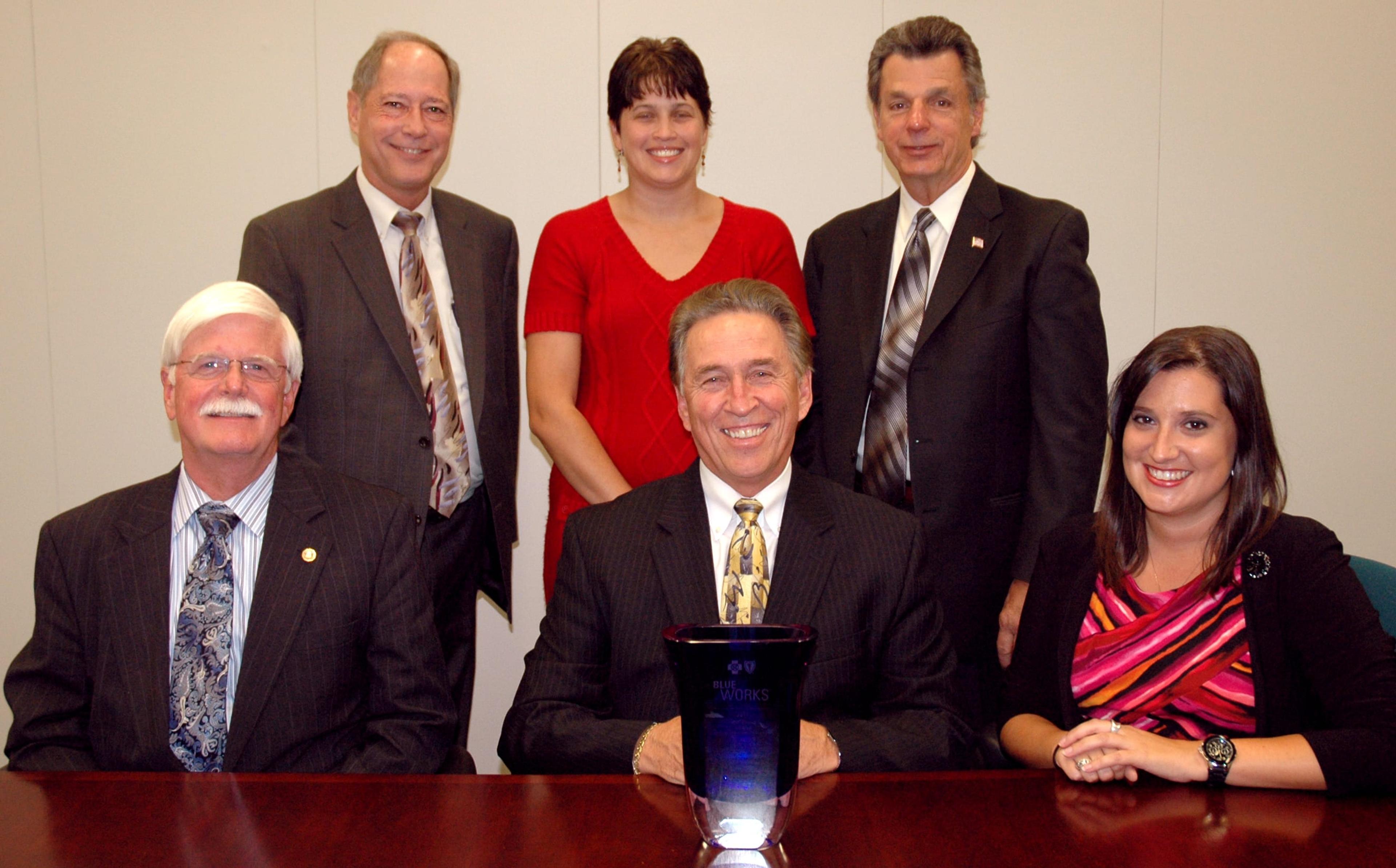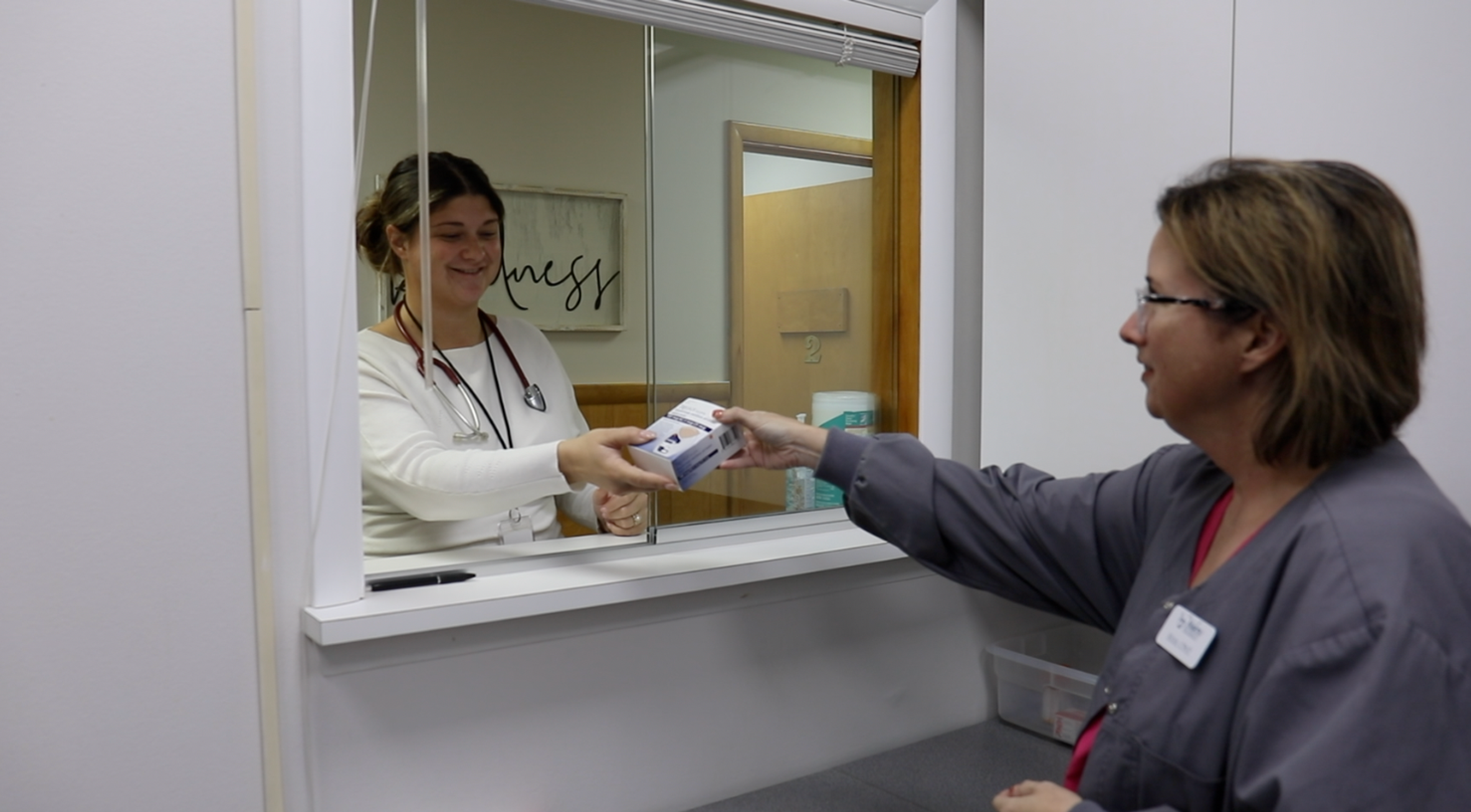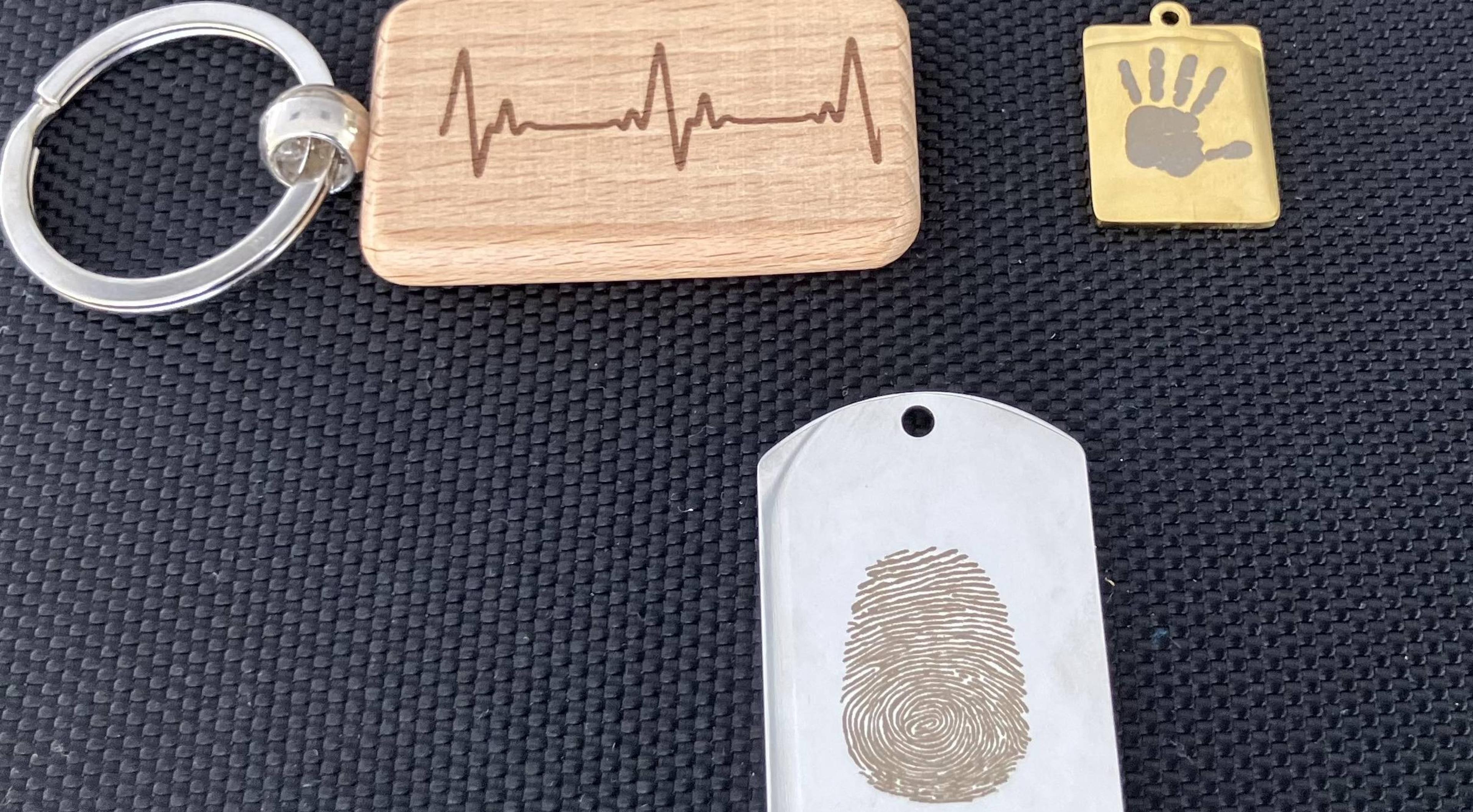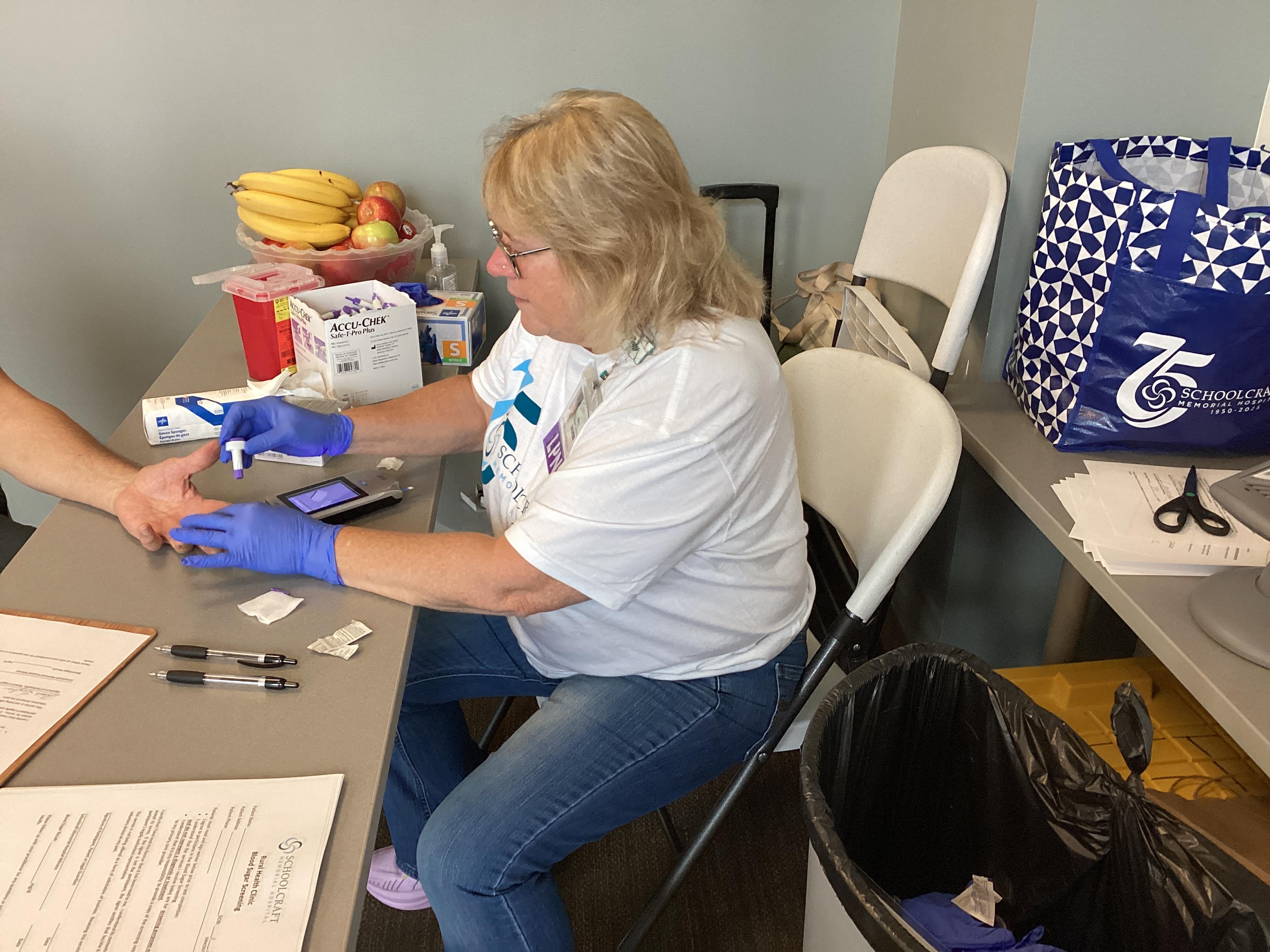Work by Blues investigators helps stop pharmacy health care fraud ring in Michigan
John Jakcsy
| 3 min read

Federal authorities called it one of the largest diversion conspiracies ever uncovered in Michigan. Investigators from Blue Cross Blue Shield of Michigan’s health care fraud unit played an important role in cracking the case that saw a Canton pharmacist and five associates found guilty of illegally distributing tens of millions of dollars worth of controlled substances. The 26-count conviction of Babubhai (Bob) Patel, four pharmacists he employed and a business associate in a U.S. District Court in August resulted from a case that BCBSM investigators first began looking into in 2010, said Greg Anderson, vice president of Corporate and Financial Investigations. After a six-week trial, Patel and his cohorts were found guilty of operating a network of 25 Detroit-area pharmacies that gave cash kickbacks and other illegal payments to physicians who agreed to prescribe expensive drugs—regardless of medical necessity—and illegally bill Medicaid, Medicare and private insurers. The prescriptions were to be filled at Patel’s pharmacies, but authorities said the pharmacists also billed payers for drugs that were returned to wholesalers to maximize profits. Blues investigators found that between 2006 and 2011, Patel and his associates diverted controlled medications like Oxycontin, Vicodin, Xanax and codeine cough syrup. The amount fraudulently billed to Medicare was at least $37.7 million. Another $20.8 million was fraudulently billed to Medicaid and $12.9 million to BCBSM. “It was an organized crime designed to steal from the health care industry with total disregard for the safety of patients and loss of money to the public,” Anderson said. The CFI investigation involved extensive coordination with the FBI, Office of the Inspector General, U.S. Department of Health and Human Services, a Drug Enforcement Administration task force, the IRS, local law enforcement and the U.S. Attorney’s office. CFI employees began investigating the drug ring after noticing a pattern of prescriptions coming out of a network of non-traditional pharmacies while investigating an unrelated and still-active case. Investigators and the Blues’ Pharmacy Services department used extensive data analysis and eventually presented its research to the DEA for further investigation. In 2011, the collaborative efforts resulted in 26 individuals being arrested — 12 pharmacists, four doctors, an accountant and a psychologist. BCBSM removed 26 pharmacies from its pharmacy network the same date the arrests were made. CFI is acquiring a predictive analytic software solution that will aid in the early detection of fraudulent activity and assist in the investigation of similar complex fraud schemes, director Doug Cedras said. Drug diversion schemes, false billings, nursing home abuse, money laundering and illegal narcotics distribution are all examples of health care fraud. According to the FBI, health care fraud costs our country an estimated $80 billion a year. To identify fraud, Corporate and Financial Investigations relies primarily on a toll-free Anti-Fraud Hotline (800-482-3787), which receives more than 2,500 calls per month. Approximately 74 percent of cases opened are a result of these calls. Anyone suspecting health care fraud is urged to call the Blues Anti-Fraud Hotline or the Medicare and Government Programs toll-free Anti-Fraud Hot Line at 888-650-8136.





